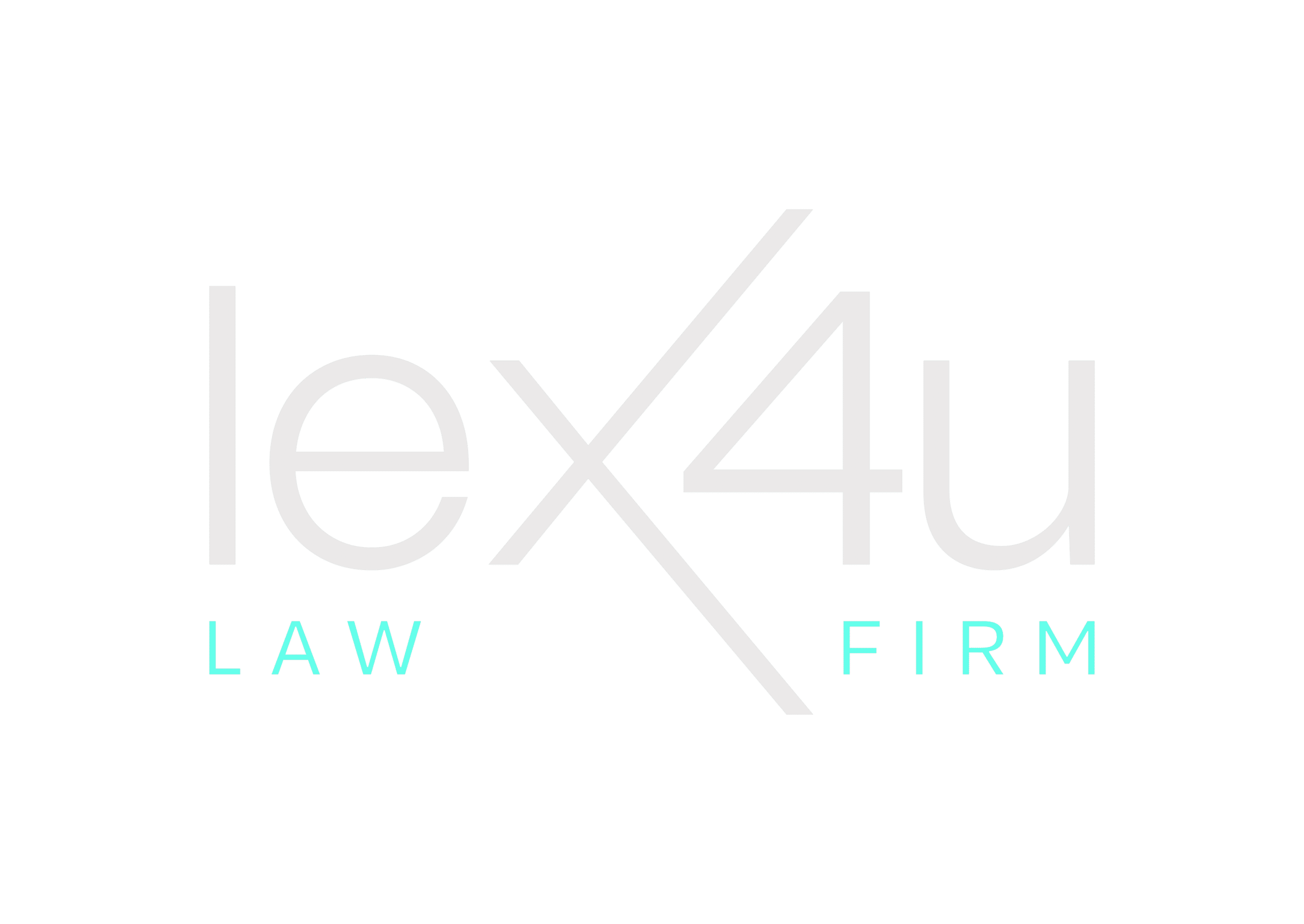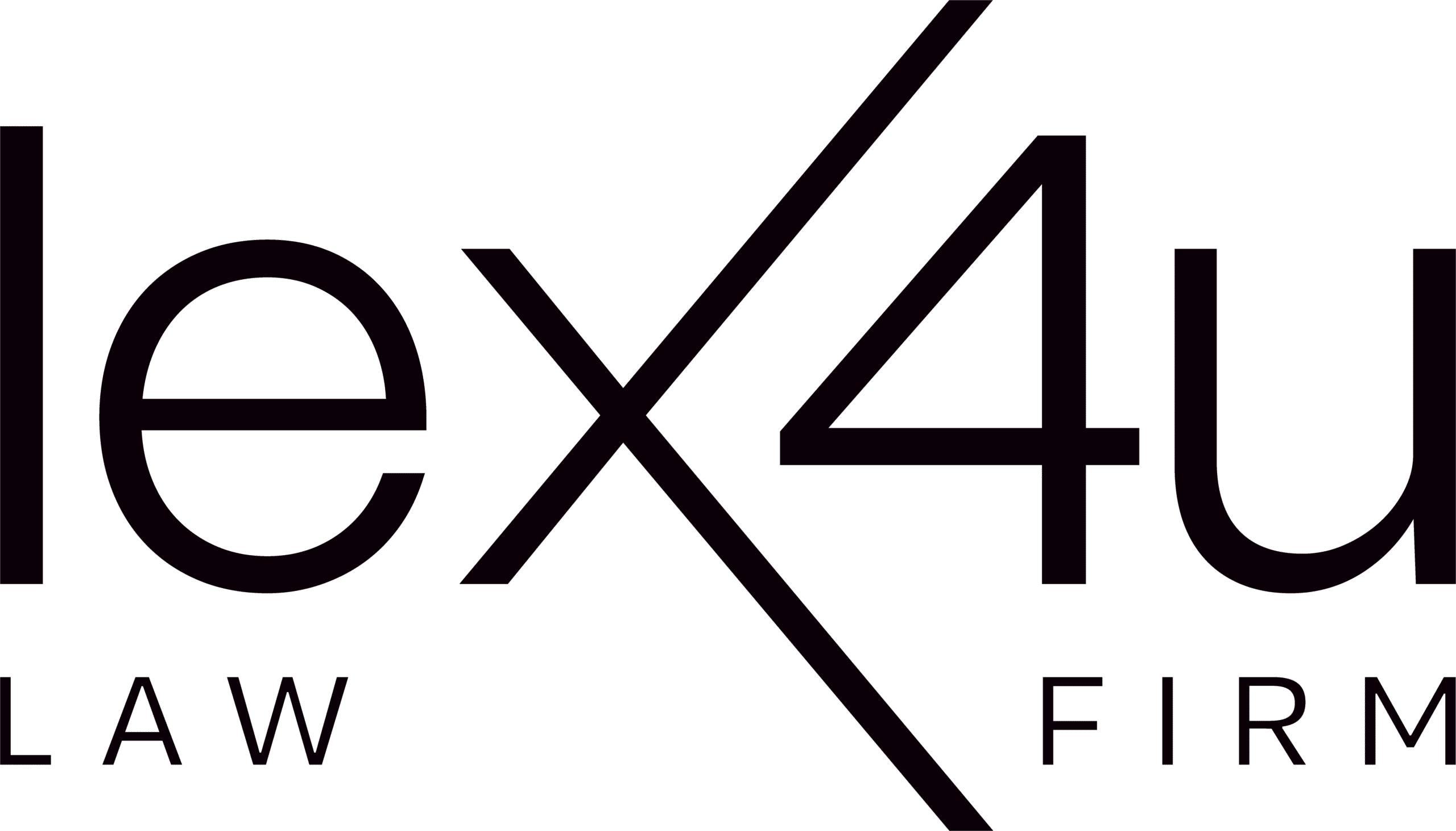The general terms of use of your website are not mandatory, but they are certainly very useful !
While browsing certain websites, you may have already come across the acronym «TOS ». But what do these three letters mean ? Are they mandatory ? And why are they important ?
Adopting TOS is not a legal obligation in itself to bring one’s website into legal compliance. Many companies therefore decide not to adopt this document or hastily draft it. On the other hand, it is entirely possible to integrate mandatory mentions into them, such as legal notices. Adopting TOS can thus allow you to prove the legal compliance of your website.
When well-written,the TOS (or “Terms Of Use“) clarify, on one hand, your rights and obligations, and on the other hand, the rights and obligations of your users in their way of browsing your website.
In this article, we will not only present the usefulness of adopting TOS but also advise you on the elements to include in this document, which, although optional, has already proven its usefulness many times.
Know that you can write TOS for both your website and your mobile application. However, for readability purposes, in this article, we will only discuss the TOS of your website ».
1. TERMS OF USE: FOR WHO ?
TOS are strongly recommended for any entrepreneur with a website, regardless of their sector of activity.
They are aimed at startups, SMEs, and large companies alike, providing a legal framework for the relationship between you, the website editor, and your users.
2. TERMS OF USE : WHAT’S THEIR USE ?
If TOS are not mandatory, what would be your interest in adopting them ?
The following points are enough to convince you of the usefulness of implementing TOS on your website :
a) Your TOS clarify the conditions of use for your users
By clearly defining what your users can or cannot do when browsing your website, you reduce potential misunderstandings that may arise with your users.
For example, you can provide in your TOS :
- That you are not held responsible for defamatory or libelous remarks posted by a user on your website. If you provide your users with a discussion forum or a comment section, it can indeed be particularly useful to regulate these postings and exchanges.
- It’s also important to note that you are not held responsible if a user publishes copyrighted content, such as images or text, etc., it’s stated that the user is solely responsible for the content they publish concerning its copyright.
- Additionally, you’re not obligated to ensure continuous operation of your website, interruptions for maintenance or updates may occur.
- The manner in which users log in and use their personal space should be clearly defined in the terms of use, outlining the registration and account creation process.
- The permitted activities within the personal space, such as accessing or modifying the user’s personal data, managing preferences, etc.
- Some usage restrictions, such as users not sharing their personal login data or using their personal space for illicit purposes.
- The procedure to follow for a user to terminate their personal space.
You can thus include many things in your TOS !
b) Your TOS provide legal protection
By establishing TOS, you define the various rights and obligations that you, as the website editor, are subject to, as well as the rights and obligations of your users when they browse your website. You establish a clear contractual framework, protecting you from potential legal conflicts.
In this way, you can establish limitations on your liability. It is indeed not uncommon to find in some TOS the provision that the website editor cannot be held responsible for potential indirect damages, unforeseen service interruptions, or technical errors. By limiting your liability, you protect yourself from any claims or legal actions.
For example, you can specify the user’s responsibility for the confidentiality of their login credentials, providing accurate information, and failure to comply with or violate their obligations as users, etc.
c) Your TOS allow you to anticipate dispute management
By determining how to resolve potential conflicts with your users, you ensure swift and efficient conflict resolution. You can plan to use mediation or arbitration before any proceedings in courts, determine applicable law, competent jurisdictions, etc.
You can also establish, through your TOS, specific procedures for handling user complaints. For example, you can provide for sending a written notification in which the user mentions their issue and outlines the reasons for their complaint.
You can also include a clause regarding the compensation owed by the user if they fail to comply with your TOS.
Finally, you can anticipate in your TOS the scenarios in which you reserve the right to terminate a user’s account or restrict access, particularly if the user fails to comply with your TOS.
d) Your TOS offer you a certain flexibility
As the author of your TOS, you enjoy some flexibility in drafting them. You can thus create TOS with terms and conditions that are favorable to you and amend or update them at any time, according to your needs or legislative changes. For instance, imagine that new legislation is adopted, imposing new obligations on website editors; you can comply with it by directly modifying your TOS without having to adapt your entire website.
Through this document, you can also introduce the provision of new services and features or adapt them, indicating the terms of use of these new services and functionalities. This document thus allows you to expand your offerings while regulating their use.
3. TERMS OF USE : WHAT CONTENT ?
As you may have understood, establishing TOS for your website is highly recommended and greatly contributes to your legal compliance. However, they are often hastily drafted or copied from another website, whereas they should be tailored to the services you offer and your needs.
To assist you in drafting your TOS, we provide some tips to consider when embarking on this task.
First and foremost, keep in mind that you are addressing laypeople, without legal knowledge and not accustomed to the complex legal jargon. The content of your TOS should be written in clear, precise language adapted to your business.
Here is a (non-exhaustive !) checklist of elements to include in your TOS :
- Identification of the parties, meaning yourself as the website editor and the users. To do this, provide your legal notices and clearly define what constitutes a user of your website ;
- The definition of certain « key » terms such as« service» , « website » , « content» ;
- The purpose of your TOS ;
- Information regarding the services offered through your website, detailing the functionalities you offer to users ;
- Conditions of access and use of your website, defining, for example, age limits or unacceptable behaviors. This is also where you indicate whether your website is paid or free, if users need to create an account, etc. ;
- Rights and obligations of your users ;
- Limits of your liability as the website editor ;
- How you collect collected personal information, process it, store it, and manage cookies ;
- Your ability to terminate (with or without notice) a user’s account in case of TOS violation and the consequences of such termination ;
- Applicable provisions regarding intellectual and industrial property, both concerning content published by your users and your own content ;
- Conditions for rectifying and updating your TOS, indicating how you will inform users ;
- Applicable law and competent jurisdictions in case of disputes ;
- How users can accept your TOS (e.g., by checking a box) and the consequences of this acceptance.
4. TERMS OF USE : HOW PRESENT THEM TO USERS ?
Having TOS is good, being able to enforce them is better !
For your TOS to have real contractual force (and therefore be perfectly enforceable in case of conflict with your users), it is essential that they have accepted them upon entering your website. For this, your TOS must be sufficiently accessible to users, and you must have proof that they have been read and accepted.
Clearly and visibly display the fact that a user must have accepted your TOS before continuing to browse your website or accessing your services.
Ideally, in the absence of acceptance, the user should not be able to access the services you offer.
To ensure that your users go through the acceptance step of your TOS, integrate the reading and acceptance of them into the registration or browsing process of your website.
Thus, you can provide a checkbox stating « I accept the terms and conditions of use » that the user must check to accept your TOS. Be careful not to pre-check this box, provide for an actual positive action to obtain explicit confirmation from the user of your TOS.
Additionally, facilitate your users’ reading with a clear and airy layout of your TOS, the use of distinct headings, or highlighting key points. You can also offer a FAQ section covering the main points of your TOS so that your users have access to a summarized version of them.
Make sure to make your TOS easily accessible, especially by placing a «TOS » tab in the « footer » of your website, accessible at any time and on every page of your website.
***
As mentioned earlier, if you secure proof of acceptance of your TOS, you will then have the ability to enforce your TOS against your users, especially in case of conflict or failure to comply with their obligations. And because they will have been drafted by you and will have included the elements to be integrated, you will benefit from legal protection in case of conflict with your users.
***
So, convinced ?
Are you unsure about the compliance of your TOS ?
Whether or not you are validly collecting user consent ?
Don’t know who to contact ?
For Lex4u, legal security should not be a luxury.
We have developed real expertise in the legal audit of websites, particularly GDPR compliance.
Lex4u offers you a free legal audit of your website as part of our awareness campaign for startups and entrepreneurs.
To benefit from this free audit, simply fill in the form below :
What will you receive and what will we examine ?
As part of this free audit, our commitment is to verify, mainly formally, the different texts presented (or not) on your website. For example, we’ll check whether you actually have a privacy policy, take a quick look at the content to see whether all the necessary mentions are present, see whether you have general terms and conditions of use and check their content too, as well as the contractual process in the case of an e-shop.
This is, of course, a quick and summary check that in no way engages the firm’s responsibility.
Where possible, we will provide you with recommendations for improvements.
This is in no way an automated audit but an audit conducted by « real humans » meaning real lawyers 👩🎓👨🎓.
This article was written by :






